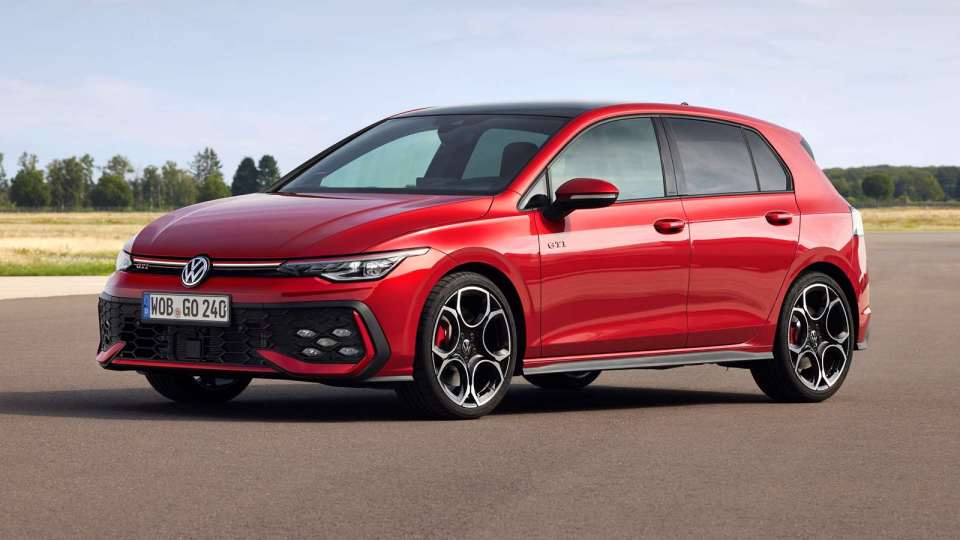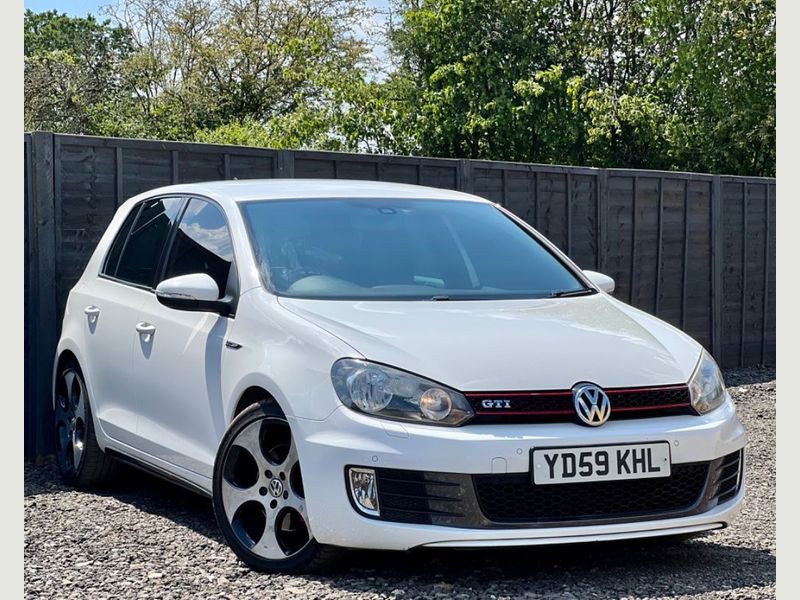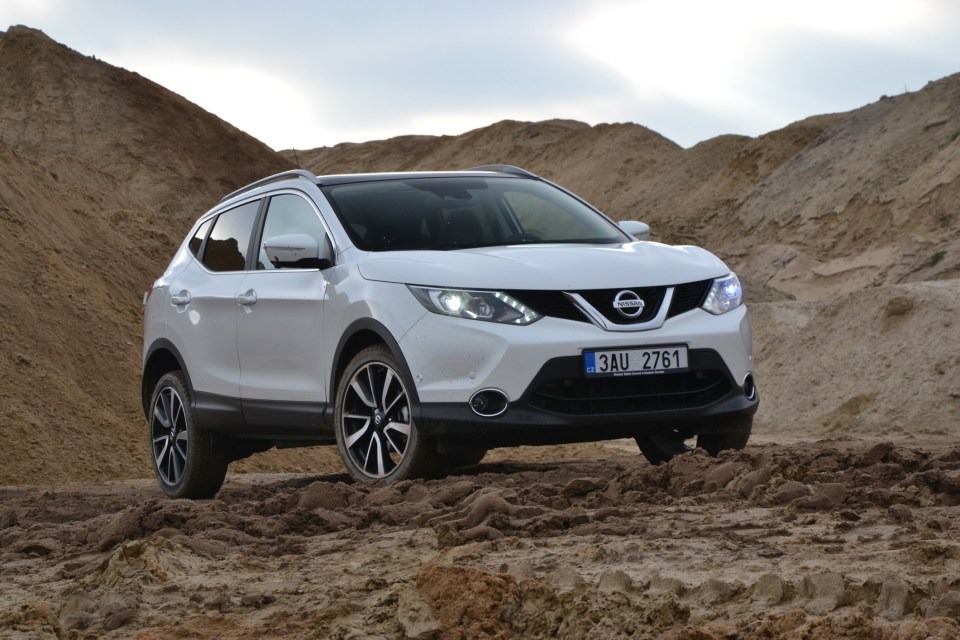SOME of Britain’s best selling hybrid cars could be banned from sale from 2030 under strict net-zero proposals reportedly being considered by ministers.
The Government has suggested imposing tough CO2 emission limits on new hybrid vehicles, meaning popular models from brands like Range Rover, Ford, VW, and Nissan might no longer meet the standards.
Consultation documents published on Christmas Eve revealed plans to let certain hybrids remain on sale until 2025, five years after the ban on new petrol and diesel cars.
However, stricter than expected emission limits would mean many models, particularly “mild” hybrids, could face the axe.
To meet the proposed rule, hybrids would need to emit less than 115 grams of carbon dioxide per kilometre.
This could disqualify vehicles like the Ford Puma, Range Rover Evoque, Nissan Qashqai, and VW Gold from being sold after 2030, according to analysis.
Electric, Car, Motors, hybrid
The stricter limits aim to prevent more polluting hybrids from remaining on sale while cleaner petrol and diesel vehicles are banned.
Even plug-in hybrids, which can travel short distances on electric power, could face bans if their emissions are found to exceed the threshold.
Currently, real-world testing suggests many plug-ins emit up to 243% more CO2 than manufacturers claim, and these figures could be updated in the coming years.
The proposals also suggest alternative approaches, such as capping emissions across manufacturers’ entire fleets, which would consider all models rather than targeting hybrids individually.
It’s important to note that these plans are not set in stone.
As it stands, hybrid vehicles will remain on sale until 2035, with ministers now seeking feedback from car makers before making a final decision.
Transport Secretary Heidi Alexander defended the proposals, saying:
“This government will change that.
“Drivers are already embracing EVs faster than ever, with one in four new cars sold in November electric.
“Today’s measures will help us capitalise on the clean energy transition to support thousands of jobs, make the UK a clean energy superpower, and rebuilt Britain.”
Mike Hawkes, chief executive of the Society for Motor Manufacturers and Traders (SMTT), called for urgent clarity, warning that car makers are already under immense pressure to meet zero-emission targets.
He says: “The automotive industry welcomes government’s review…but it has cost manufacturers in excess of £4 billion in discounting in the UK this year alone.
“This is unsustainable…it is imperative we get an urgent resolution, with a clear intent to adapt the regulation to support delivery.”
Car manufacturers have responded cautiously, with many expressing concerns while remaining supportive of the move to EVs.
A spokesperson for Nissan said:
“We welcome the consultation announced today and look forward to continuing our work with the UK Government to support the future of the UK automotive industry.”
Meanwhile, VW, Jaguar Land Rover, and others have echoed similar sentiments, saying they are analysing the proposals and will provide feedback.


